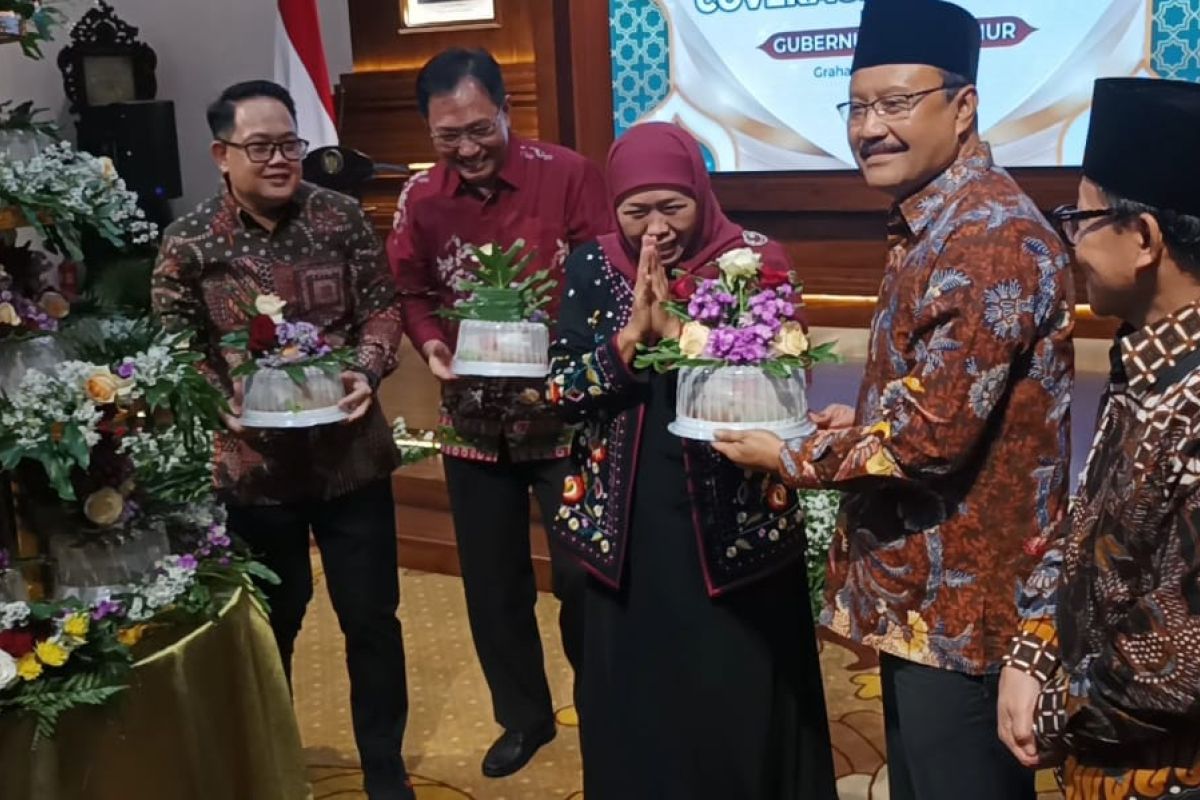Surabaya, East Java (ANTARA) - The East Java government has expressed readiness to help cover the National Health Insurance (JKN) contributions to the Health Social Security Organizing Agency (BPJS) in order to achieve Universal Health Coverage (UHC) in the province.
"I have spoken with the East Java provincial secretary, and we agree to contribute… so that (UHC) in every district and city can reach 95 percent," East Java Governor Khofifah Indar Parawansa stated in her statement here on Friday.
Parawansa explained that the requirement to achieve UHC is that JKN must cover at least 95 percent of the population in a district and city.
Only 21 of the 38 districts and cities in East Java have achieved UHC. Hence, she said, the 17 districts and governments that have not achieved UHC must help cover the JKN fee for their residents through the revised regional budget (APBD-P).
The provincial government can help if the local governments cannot afford to cover them, Parawansa remarked.
"The Pasuruan mayor encouraged all districts and cities to maximize their APBD-P to achieve UHC, and the East Java Provincial Government then rewarded them by providing the medical equipment needed in each region," she remarked.
Pasuruan Mayor Saifullah Yusuf emphasized the need to use the regional budget to help cover the residents' JKN participation fee.
"In my experience, it took two years until Pasuruan City finally reached UHC," he remarked, highlighting that the city needed around Rp50 billion (around US$3.2 million) to pay the residents' national health insurance fee.
He stated that Malang City required around Rp300 billion (US$19.7 million) in its regional budget to meet the 95-percent target, while Ngawi District needed Rp40 billion (US$2.6 million).
"Each district/city has its own problem," he said.
He affirmed that every district head and mayor must fulfill the challenge given by Governor Parawansa to achieve the UHC target.
Related news: BPJS Kesehatan asks recipients of UHC Awards to maintain achievement
Related news: JKN has revolutionized health services in 10 years: BPJS










